On Writing My Community
There is a burden and great joy in writing about the Portuguese community. A look at my my reluctant voice in the diaspora.
There is a very real tension between the burden and the joys of writing about the Portuguese community in Canada. I am one of a few writers in Canada that know the community intimately. It’s not an easy task to serve as a literary recorder for a group that, more often than not, is relegated to the margins of both history and culture, at least in this country. But here I am, writing about it, because I feel connected to it and also because I don’t think there is enough written about our dynamic and proud culture. And though the responsibility is as heavy as my grandmother’s cast iron pan, my head overflowing with personal experiences of what it was to be raised in an immigrant home in the city, it’s also deeply absurd.
I am one of the few voices carrying this particular torch. It’s a solitary position, one that occasionally makes me wonder whether I’m in charge of the flame or whether the flame is in charge of me. To say that I write about the Portuguese immigrant experience is both true and laughably incomplete. I don’t just write about it—I carry it, like a good Portuguese son, like an overstuffed suitcase full of guilt, obligation, and unanswered questions. Sometimes it feels as though I should be in mourning and dressed in black at my computer. It is my altar, as if I’m performing some sort of literary ritual where I sacrifice my free time, my social life, and my sense of inner peace to the gods of representation. It is self-imposed, I’ll give you that, no one has asked me to do it. But overwhelmed by the response many of you have to my works of fiction and my posts, I carry on . . . drawn to the subject of identity like a moth drawn to a flame. There’s a certain irony in being called to depict the very community that has given me so much while, at the same time, demanding a constant accounting of its struggles, its joys, its contradictions.
Let’s be clear about something, though: this burden isn’t the same as writing about any other immigrant experience. Writing about the Portuguese in Canada is, in a way, is like writing about a hidden mythology that refuses to reveal itself fully. On the one hand, there’s a wealth of material: generations of stories, anecdotes, proverbs, and traditions that have shaped the Portuguese-Canadian identity. Yet, on the other hand, the very fact that we exist somewhat invisibly in Canadian culture means that the stories we tell are often left incomplete, half-told, worst of all—misinterpreted. So, there’s pressure. Not just to write the story, but to write it “right.” That is essentially the real burden for me as a writer—to be respectful and to get it right!
Then there’s the expectation. If you’re going to write about your community, you better do it justice. That means walking a fine line between authenticity and stereotype. The temptation to fall into caricature is always there. After all, the Portuguese community, like many immigrant groups, is often reduced to a series of recognizable tropes: the heavy accent, the boisterous family gatherings, the bacalhau (salt cod) at every meal, the cleaning ladies and construction workers, and the eternally simmering saudade for the old country. If you write about Portuguese immigrants in Canada, you’re practically asked to recreate a magical realism of working-class hardship, fado-laden nostalgia, and greasy-spoon cafes where the servers speak fluent Portuguese but the coffee tastes like burnt ambition.
If I’m being honest, sometimes I think the community itself is just as guilty of feeding into these clichés. There are nights when I sit with my extended family, a group that can empty a bottle of wine faster than you can say “A minha avó,” and I wonder whether we are all complicit in creating this self-perpetuating mythology of the poor, proud immigrant. Every family dinner feels like a microcosm of the fado song I never wanted to write—filled with mournful yearning for a home that isn’t quite there anymore and laughter that somehow always feels tinged with regret. We are both the subject and the perpetuator of the very tropes I’m supposed to avoid. What happens when the people you’re writing about become both your inspiration and your worst enemy?
There’s also the issue of voice. This is where it gets muddled—complicated in a way that’s distinctly Portuguese. Our community is diverse, yes, but it’s also insular in many ways. The range of experiences within the Portuguese-Canadian diaspora is vast, but no one seems particularly interested in hearing all of those stories. People want the essence of the community, not the nuance. A reader might want a rags-to-riches story where the immigrant hero finds success through sheer determination, but how many will appreciate the subtleties of a working-class life, lived in the shadow of the factory and getting lost in the big city? Can we even contemplate a central character being a doctor or engineer and a child of Portuguese immigrants?Writing about the Portuguese experience often feels like an exercise in reduction—taking something intricate and folding it into a neat, tidy narrative that can be consumed in a single sitting. And when you inevitably leave something out—like the complex history of Portuguese colonialism or the quiet dignity of those who remain unseen—it’s as though you’ve committed some grievous literary sin. And that’s where the burden comes in. And that’s also when many a reader reaches out, offended or filled with vitriol because I dared to open the doors and shutters and let people look inside. I cannot tell you how many people have asked me, always like they are spitting out a bitter seed, why I chose to include that character who is an alcoholic or that scene which is clearly sacrilege. Remember, we all grew up with the adage, what happens in this house, stays in this house.
It’s a burden that is made even more difficult by the fact that I didn’t grow up thinking of myself as a writer of “ethnic literature.” I still don’t; I’m not even sure what the hell that is. I prefer to see my writing as a look into humanity; what it is that makes certain people choose their paths, often with dire consequences. This is not what defines us as a culture—it is the stuff of being humane. My first stories were full of Portuguese details—the women in black, grilled sardines, religious festivals, and stories that moved from the alleys of Toronto back home to the green hues of Sao Miguel, Azores. I didn’t realize that my experiences, as a Portuguese kid growing up in a predominantly Anglo-Canadian society, were anything but universal. But then I started to write, and I began to realize that the gap between my experience and the experiences of others was too wide to ignore. Writing about the Portuguese-Canadian experience was both a natural impulse and an unavoidable destiny. I can’t escape who I am, nor do I want to.


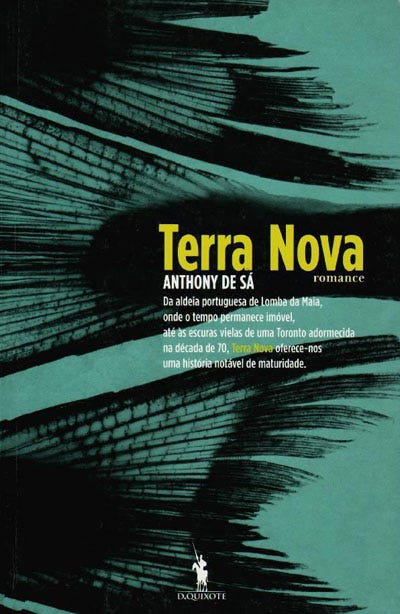
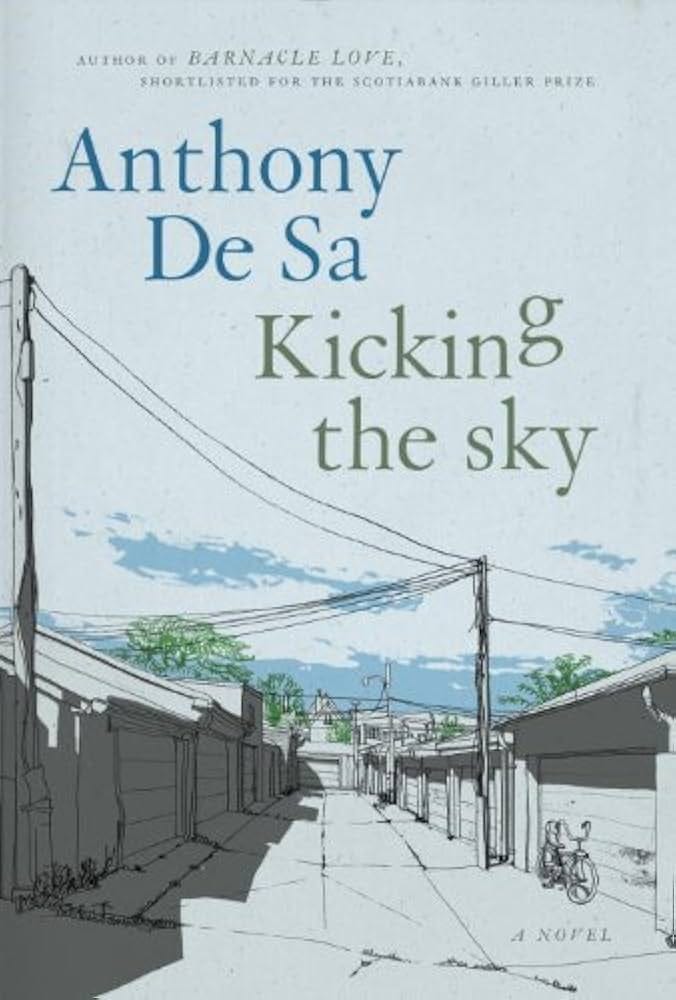
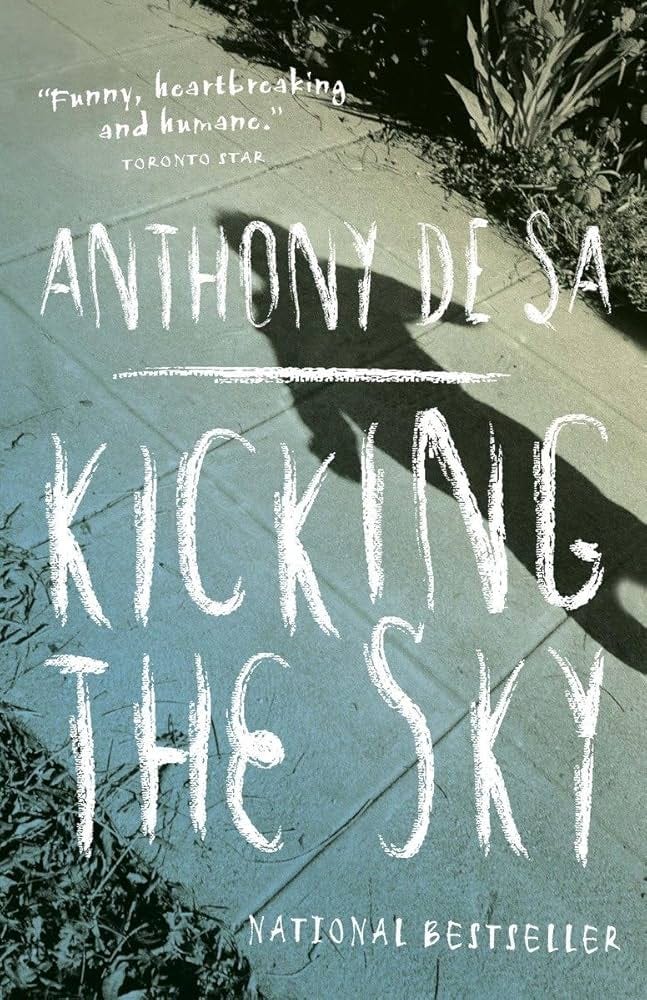
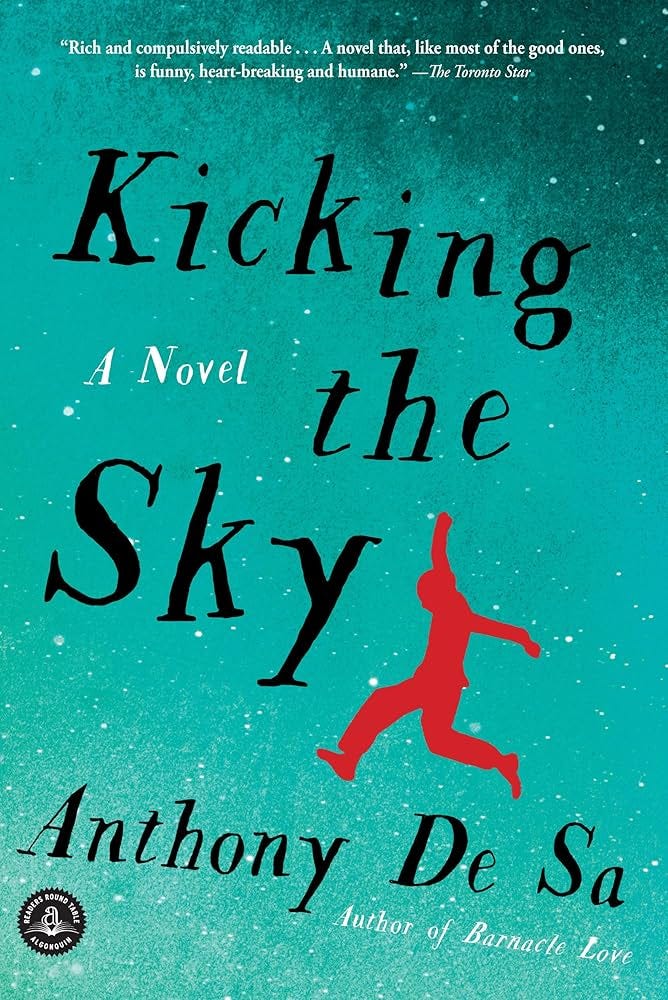
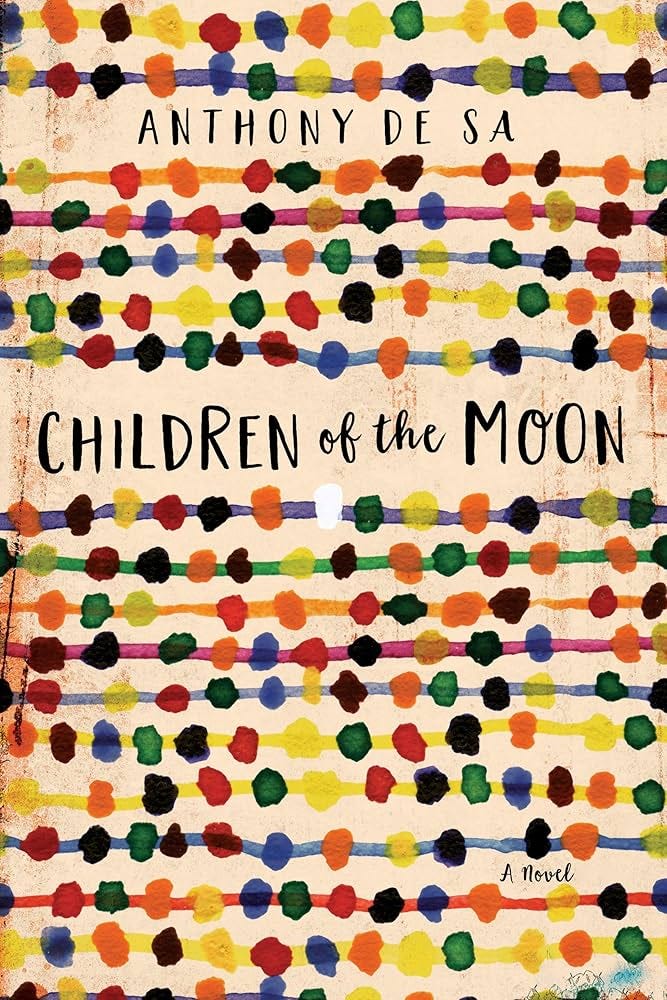
But it’s exhausting, this act of constant representation. The weight of feeling like I need to represent the entire community. It’s like carrying an old wooden chest filled with family heirlooms—each piece precious, each piece fragile, each piece in danger of being dropped. To write about my immigrant community means being expected to be both faithful to the past and progressive in your vision of the future. You’re asked to tell a story that is as much about survival as it is about transcending survival. But, oh, the danger of misrepresenting, of the dreaded misstep, of being misunderstood. There’s nothing more terrifying than the idea that you might offend the very people whose story you’re trying to tell.
But then again, perhaps the greatest burden of all is the awareness that, for all the ink spilled, I am, after all, just a reluctant voice. And who better than a reluctant voice to capture the contradictions of a community caught between two worlds, trying to figure out where it belongs, and why it’s still so hard to ask for the third glass of vinho at Christmas?
The truth is, writing about the Portuguese community isn’t just about telling stories—it’s about surviving them. And maybe that’s the real burden: surviving both the writing, and the writer.





